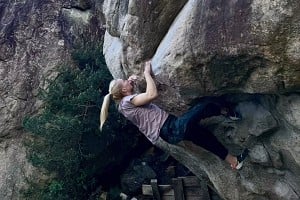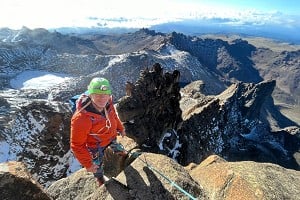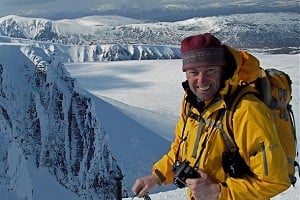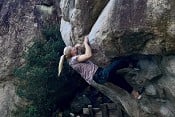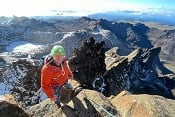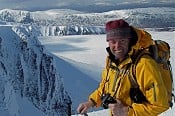In reply to mikedlr:
Apart from Frank's question, I think we got through most of the other questions that were put here and on YouTube. You can find the live recording and some others on the AC Library YouTube channel - https://www.youtube.com/channel/UCgoaAomJnfVxyo62Rkkv76A. If there's anything missed that's important to you please do say.
As far as the self amputation goes, the recommendation seemed to be access to a psychiatric specialist. I can see how a chat with a psychiatrist would have really helped Aaron:
"hey Doc, do you think you could go to coverage and call the mountain rescue" / "Sure, I'll just get you comfortable then back in a few hours." / "Thanks that's really set my mind at rest." / "That's what we're here for. would you like some analgesics in the meantime? Given your slightly agitated state I think it's recommended?" / "oh, you're a darling".
There was one serious point in the video that for Frostbite amputation can and should wait given that the doctors can sometimes do really major reconstruction. The warning being not just that self amputation would be stupid but also that you have to be careful of local surgeons wherever you are. The example was given of a person who had their frostbitten bones put "into their belly" for recovery ("revacularisation??") so they could be reused during a reconstruction giving them back most of the length of their fingers.
For notification of future lectures on YouTube you can subscribe to the channel or to the lectures playlist. https://www.youtube.com/playlist?list=PLQbmSqzPEpCESDWoKMRRYFDl155Qh4-0V
For further mountain oriented medical advice I'll point you to the BMC's free medical advice service on their website (aren't they great)
https://www.thebmc.co.uk/how-to-get-mountain-medicine-advice?s=4
Post edited at 10:58

